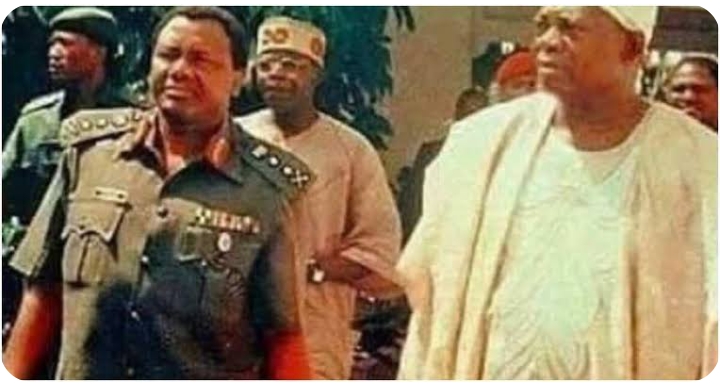For millions of Nigerians, June 12, 1993, remains etched in memory as the day democracy was denied—yet ultimately reborn.
As the country marks the 2025 Democracy Day, Plateau News revisits the watershed moment in Nigeria’s political journey.
As Nigerians reflect on Democracy Day 2025, the spirit of June 12 lives on—reminding the nation of the price paid for freedom, and the importance of protecting it.
Here are five key things to know:
1. . A Rare Moment of Unity: Nigeria’s Freest and Fairest Election The June 12, 1993, presidential election is still widely hailed as Nigeria’s most transparent and credible vote.Conducted under the short-lived two-party system, it saw Moshood Kashimawo Olawale (MKO) Abiola of the Social Democratic Party (SDP) defeat Bashir Tofa of the National Republican Convention (NRC).
The poll was remarkable for transcending ethnic and religious divides, uniting Nigerians in a collective hope for democratic change.
2 . Annulment by the Military Regime Sparked a National Crisis Despite overwhelming support for Abiola and preliminary results indicating a landslide victory, then military president General Ibrahim Babangida annulled the election, citing vague “irregularities.”
The controversial decision, lacking legal or moral basis, plunged the country into unrest.In a rare admission during his February 2025 autobiography launch, Babangida expressed regret over the annulment—decades after the damage had been done.

